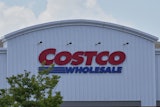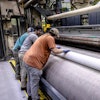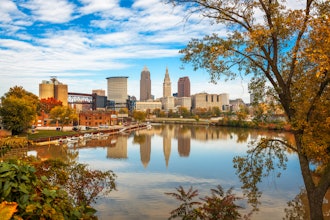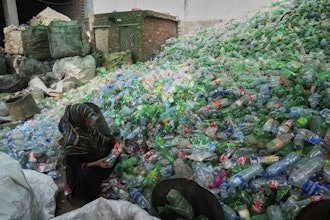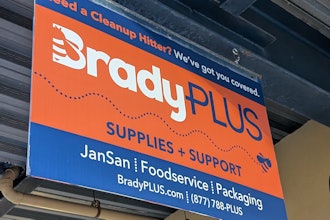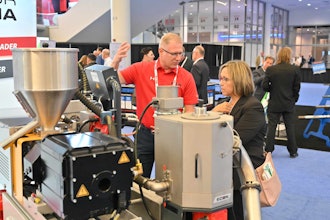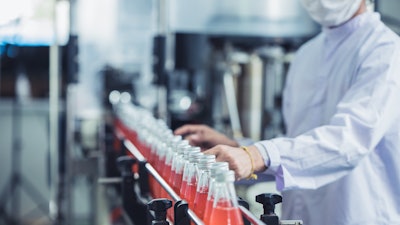
There is relentless pressure for food manufacturers to get their products to market quickly and safely – and that pressure is only likely to increase. According to Statista, the global food market currently amounts to about $9 trillion and is expected to grow annually by 4.80% from the 2022-2027 forecast period.[1]
As the typical food supply chain is made up of six stages, it is essential that producers, manufacturers, suppliers, and logistic providers have the right solutions in place to address any potential issues that could jeopardize the quality of their food products. If any one of these stages is compromised, a variety of issues can arise and, consequently, put the entire supply chain at risk. These six stages are:
Stage 1: Sourcing of ingredients and raw materials
Stage 2: Production
Stage 3: Processing and packaging
Stage 4: Storage
Stage 5: Wholesale distribution
Stage 6: Retail redistribution to consumers
Last month, we talked about how detrimental the lack of traceability could be, as well as the risks to manufacturers who fail to track and control their inventory. This month, we will continue to explore some of the challenges food industry professionals might face and, most importantly, the solutions they can turn to mitigate or even prevent those scenarios.
Failure to Protect Quality and Integrity of Food Products
Whether it is severe weather, poor storage and warehousing practices, or delays in transportation, there are multiple factors that can impact the quality and integrity of food products. These are some of the reasons that the number of food product recall cases continues to increase. In fact, according to the Food & Drug Administration, there were already 111 reported recalls in the U.S. as of June 2022.
A product recall is extremely costly, and it can do irreparable damage to a brand’s reputation. So, what can food manufacturers do to be proactive?
Selecting the best raw materials and implementing procedures to ensure they meet regulatory standards is an excellent place to start. This also includes choosing a qualified team of professionals that use current measuring and testing equipment to ensure excellent production quality and reliability.
Packaging also plays a crucial role—in fact, it’s probably the most important factor in ensuring food safety. Packaging prevents damage from shipping, material handling, and storage of the packaged food. It protects food from external elements, contamination, and high temperatures that can spoil the product. Packaging should also be tamper resistant since any compromised food products could be a threat to consumers’ health. Choosing the right packaging for your food products is just as important as choosing the raw materials themselves. After all, the right packaging prevents waste and ensures that the food retains its desired quality throughout its shelf life.
Finally, a logistics supplier that is experienced, reliable, and uses advanced technology is another important part of the equation. Some logistics companies, for instance, can provide real-time tracking of your food products and include information on temperature for refrigerated and cold chain goods.
Leverage Modern Technology to Meet the Challenges in the Food Supply Chain
There’s no getting around it: the food supply chain is a challenging one. Whether you are running a global operation or working with local suppliers, food professionals have the responsibility of always ensuring a high level of quality and safety for their finished products. In general, the more visibility you have into your supply chain, and the more you communicate and collaborate, the more effectively you can manage it. To help food manufacturers navigate this ever-evolving industry, the latest technologies will be on display this fall at PACK EXPO International (Oct. 23–26, 2022; McCormick Place, Chicago). From The Processing Zone to supply chain solutions, food professionals will have the opportunity to explore state-of-the-art automation and integrated systems that help ensure food safety.
From connecting with colleagues and hearing from experts, to seeing new technologies, materials, and machinery in action, PACK EXPO International is the most efficient and effective way to discover packaging and processing solutions for over 40 vertical markets. No other event this year will showcase entire production line solutions and offer attendees everything needed to compete in a changing marketplace.
For more information and to register, visit packexpointernational.com.
[1] https://www.statista.com/outlook/cmo/food/worldwide
